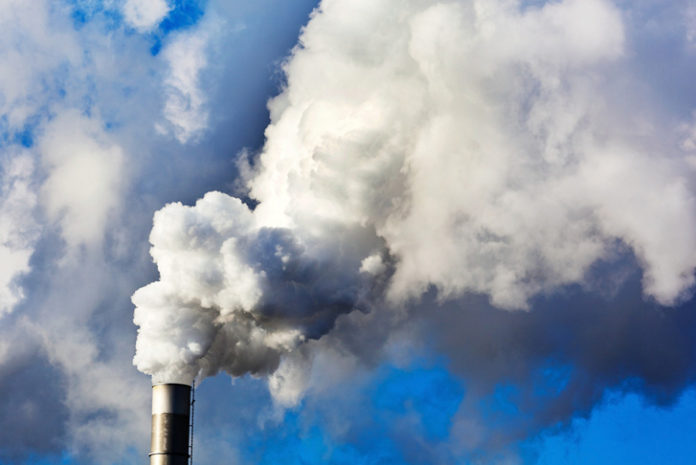
IT is not easy to be a mining executive these days, faced with a global virus pandemic, an economy in recession, a climate crisis and a global energy transition juggernaut causing havoc with export markets. And yet this is really a reckoning, since the mining industry has in many ways contributed to the social, environmental and economic crises in which we find ourselves today.
Mining continues to overlook the human cost of mining: the exploitation of labour, the devastation of livelihoods and wellbeing in mining-affected communities, and the failure to distribute mining profits equitably. Now, communities affected by the worst impacts of mining are increasingly organised, and – at great risk to themselves and their families – are not only calling for a complete overhaul of mining laws, but are increasingly winning the battle in court for the right to say no to mining.
No matter how much greenwashing you do, mining is also incredibly destructive of the environment upon which we rely for life. It uses and pollutes unconscionable amounts of water, sterilises the soil we need to grow food, and creates air pollution that causes ill health and death. Many mines are also major emitters of greenhouse gases (GHGs) that cause global warming, and coal mines drive development of, or failure to decommission, the coal power plants that are some of the biggest GHG emitters.
To keep average global temperature increase below 1.5°C degrees and avoid some of the worst impacts of global warming, global coal use must reduce by 80% in the next decade. This has radical implications not only for the coal mining and electricity industry, but for coal-reliant industries like steel and cement.
On the other hand, not making these adjustments will mean, according to our own government, that “life as we know it will change completely”, with average temperature increases in the South African interior of between 2 to 3°C by 2050, and between 6 to 7°C by 2100. This will have significant and potentially catastrophic impacts on human health, agriculture, and water-intensive sectors such as mining.
To maximise our ability to adapt to a warmer climate, we have to make radical changes to preserve the natural resources we have not yet destroyed. Given how the way we do mining now pollutes and sterilises our soil, water and air, this calls for a radical reconceptualisation of the way we do mining.
This means giving consideration to whether the end use of a particular mineral commodity promotes equitable prosperity and human well-being, and whether this justifies the opportunity cost of extracting it. It means exploring mineral recycling opportunities, and for manufacturing that relies heavily on recycled materials. It means a far more rigorous system of protection for important areas of biodiversity, strategic water source areas and food-producing zones from mining.
It also means valuing and respecting the people most affected by the proposed mining as equal stakeholders – not just those who stand to profit.
A low-carbon world will still require mining, but to survive we must do this in a way that allows us to move away from a destructive and unsustainable extractive model to one that progresses the quality, equity and future of life on this planet. Do South African mining executives have the vision and courageous leadership this requires?
Melissa Fourie is the Executive Director of the Centre for Environmental Rights, a non-profit public interest law centre that works with communities and civil society organisations to realise the Constitutional right to a healthy environment by advocating and litigating for environmental justice.











